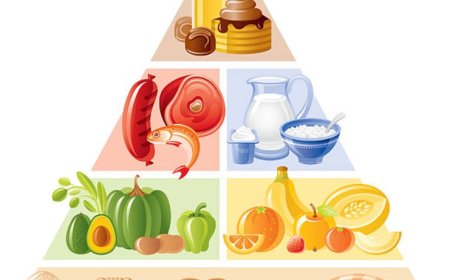The Importance of Protein in a Healthy Diet
Understanding the Role of Protein in Building, Repairing, and Nourishing Your Body
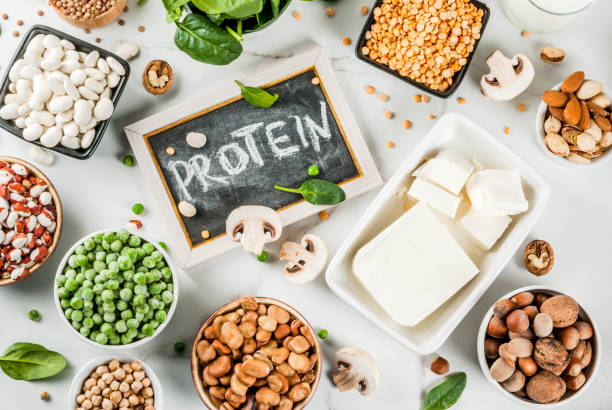
Protein is necessary for general health and wellbeing and is involved in many body processes. Protein is crucial for the following main reasons:
1. Tissue Formation and Repair: The main component of all bodily tissues, including muscles, bones, skin, hair, and nails, is protein. A sufficient protein intake is essential for growth, development, and the maintenance of healthy tissues since it is continuously being broken down and replaced.
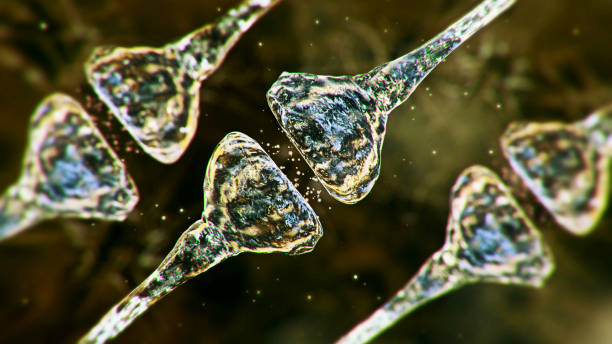
2.Generating Hormones and Enzymes: Proteins called enzymes catalyze the body's biochemical processes, including metabolism and digestion. Protein is also the main component of hormones, which control a number of body processes.
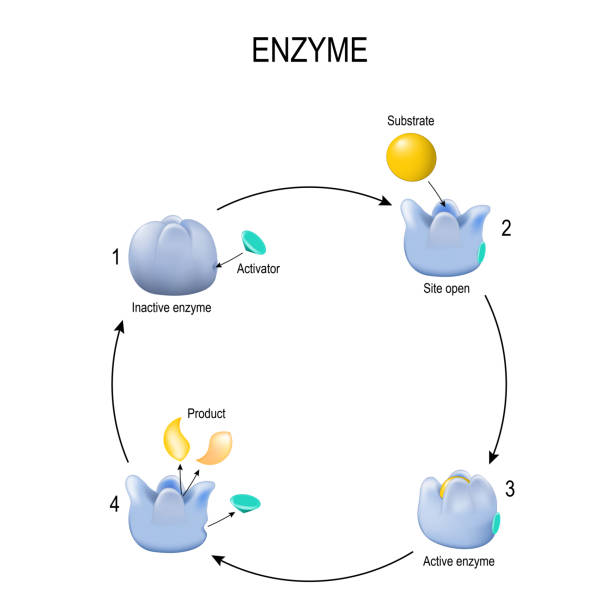
3. Supporting the Immune System: The immune system produces proteins called antibodies that aid in the defense against illnesses and infections. A lack of protein can impair immunity, leaving people more vulnerable to disease.
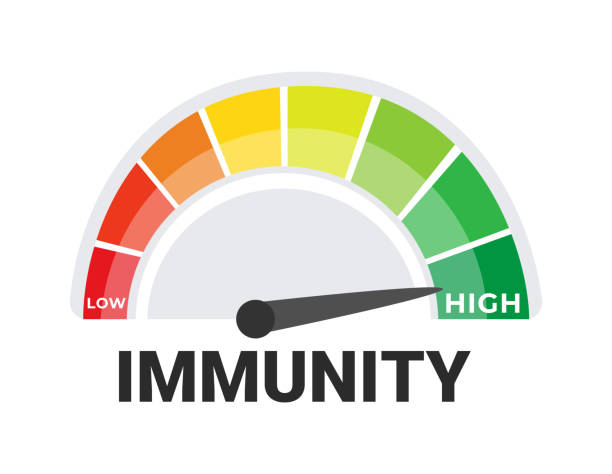
4. Transporting Nutrients: While other proteins deliver nutrients to cells and eliminate waste, proteins such as hemoglobin in red blood cells carry oxygen throughout the body.
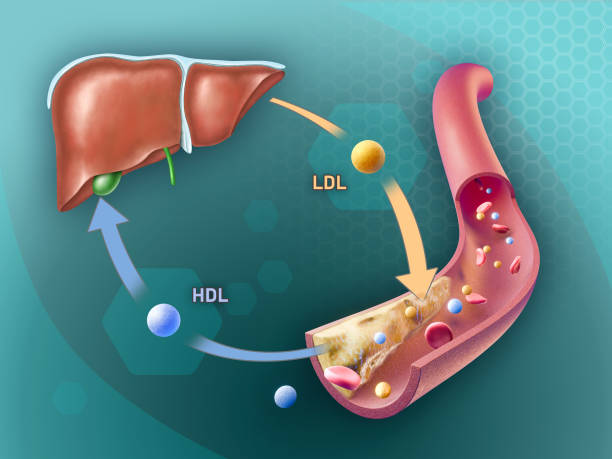
5. Preserving Fluid Balance: Blood proteins aid in controlling the fluid balance between the blood and tissues, avoiding edema, or excessive fluid accumulation.
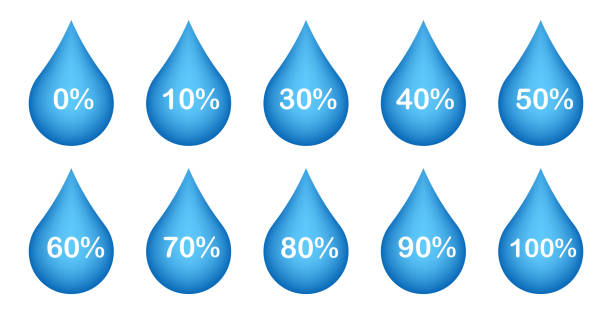
6. Providing Energy: Although the main function of protein is tissue growth and repair, it can also be utilized as an energy source in situations where intake of fat and carbohydrates is inadequate.
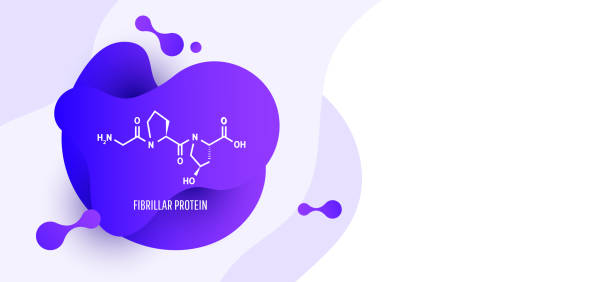
The recommended intake of protein is:
Protein's recommended daily amount (RDA) varies according to age, sex, degree of activity, and general health. Adults typically require 0.8 grams of protein for every kilogram of body weight. For some people, including as athletes, expectant mothers, and those with particular medical issues, this amount might need to be modified.
Good Protein Sources:
Meat, poultry, fish, eggs, and dairy products are examples of animal sources. Whole grains, beans, lentils, nuts, seeds, tofu, and tempeh are examples of plant sources.
To make sure you're getting all the critical amino acids your body requires, it's crucial to eat a range of protein sources.
Details:
Protein is an important macronutrient that is vital to many body processes. Growth, development, tissue repair, immunological response, and general health all depend on consuming enough protein.






































































































































































































